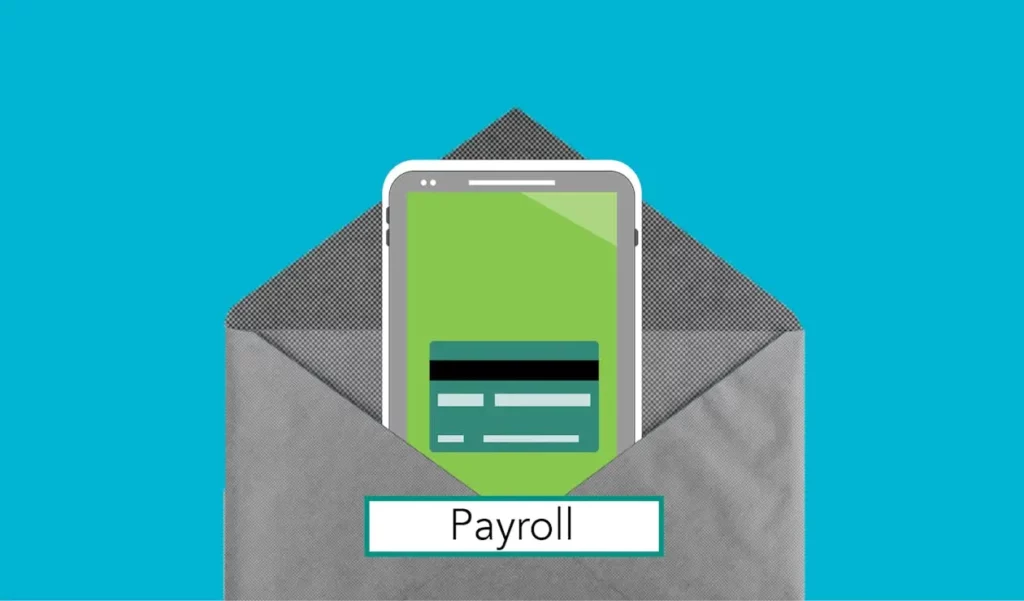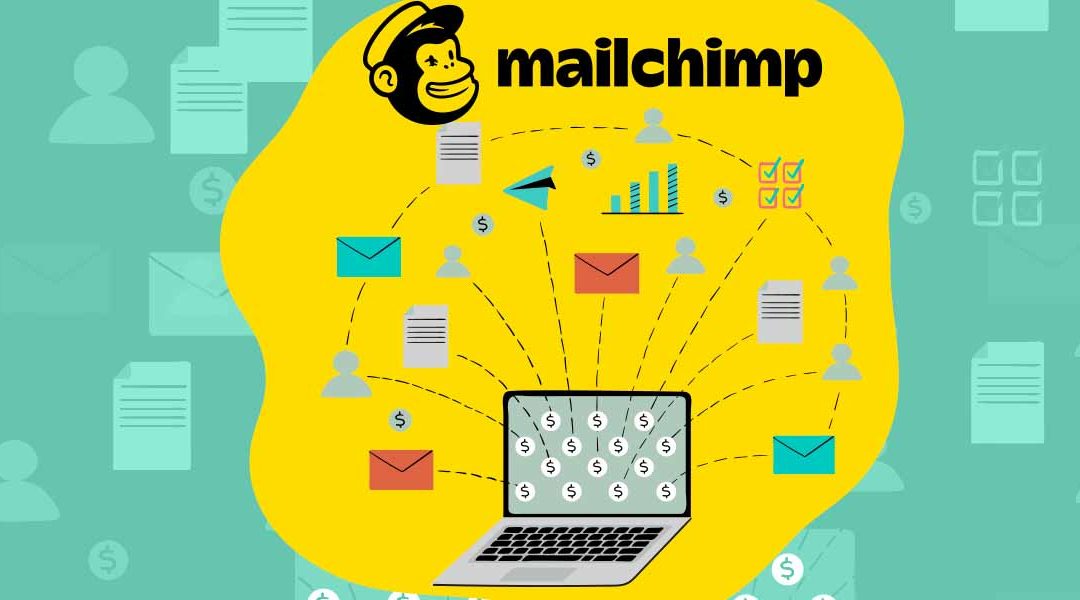Comprehensive Guide for Accounting Automation
Table of Content
Accounting procedures done by hand are infamously time-consuming. Core finance activities like as payroll, accounts payable, and tax compliance are handled via spreadsheets, which means that procedures that could be finished in a matter of minutes or seconds instead take hours or even days. This is why accounting process automation is becoming increasingly crucial. Furthermore, human error can occur at any stage of the manual process, resulting in extra expenses, delays, and irritation.
With Accounting process automation (APA) businesses may greatly speed up their procedures and lower the risk of human error. The advantages of accounting process automation, which tasks to automate first, and how cloud-based solutions improve accounting operations’ speed, accuracy, and security are all covered in this article.
What Is Accounting Process Automation?
Using software to automate accounting and finance operations is known as accounting process automation. Conventional accounting procedures, which are less precise and efficient and depend on spreadsheets and manual handoffs between human stakeholders, are being replaced by accounting process automation in an increasing number of businesses.

7 Accounting Tasks Your Business Can Automate Now
Every company has a distinct starting point and implements automation at a different rate. While some businesses opt to automate numerous operations at once, others take a more methodical approach, automating tasks one at a time according to priority. Any business can automate these seven accounting duties right now.CopyRetry
Payables in advance
All in all, automating AP simplifies payment procedures. It guarantees the timely payment of vendor invoices and aids accounting staff in keeping better track of invoice due dates. Furthermore, by highlighting any that the system determines to be suspicious or otherwise problematic, it reduces the possibility that fraudulent invoices would pass unnoticed.
Receivables from clients
Businesses may better manage their cash flow, increase the accuracy of their invoices, and drastically cut processing costs by automating AR. Throughout the entire AR process, there are opportunities for accounting automation, from arranging the sending of bills to collecting past-due payments.

Payroll processing
For businesses with little accounting staff, manual payroll is a significant time waster, particularly as the business expands and the needs of its accounting departments rise. Payroll procedures can be automated to guarantee that workers receive their paychecks on schedule and that a busy team doesn’t forget to submit any necessary payroll forms.
Month-end accounting closings
Although it’s a crucial business duty, month-end financial close can be one of the most stressful for finance teams. There is increasing pressure on accountants to do their monthly closes faster, which will ultimately result in hurried procedures and raises concerns about the accuracy of end-of-month data. Many of these speed and data accuracy constraints are relieved by automating the monthly closure, enabling accounting staff to produce findings more quickly without compromising quality.
Procurement
Historically, obtaining goods and services from outside vendors has required a significant amount of documentation, which numerous stakeholders have had to manually examine and handle. Businesses may significantly reduce the time and expense of their procurement process without compromising the integrity of their operations or harming their supplier relationships by automating procurement procedures like purchase order management.

Expense reports
Cost reports are an unavoidable evil. Many organizations still require employees to print spreadsheet-formatted expense reports, manually staple receipts to forms, and submit the entire package to accounting for approval. With automated expense reports, staff members may electronically complete and submit their spending to accounting, which lessens the backlog of paperwork and administrative strain for everyone involved.
Sales order process
A well-defined sales order procedure ensures timely processing and shipment of customer orders at the correct price. With the help of automation software, companies may standardize each step of their sales order procedures and guarantee that they continuously satisfy customers.
Benefits of Accounting Automation
Automated accounting processes complete accounting chores more quickly, easily, and accurately. In turn, a firm and its clients receive several advantages from this more effective procedure, all of which have the potential to increase a business’s profitability. These are a few of the main benefits of accounting automation.

Major time-savings
One of the main motivations for accounting process automation is time savings. Traditionally, finance professionals have had to examine and duplicate enormous volumes of data across several systems for accounting chores like bank reconciliation and quarterly reporting. This is a laborious and error-prone method of working. Accounting data is automatically validated and transferred between systems with automation, saving finance teams countless hours of laborious work.
Lower running expenses
Accounting procedures that are automated run more quickly and need less human involvement. They are therefore more economical in almost every aspect. Consider the accounts receivable scenario. The American Productivity and Quality Center (APQC) reports that high-performing companies only pay $2 per customer invoice, whereas the lowest-performing companies pay $9.

Improved integrity and quality of data
Errors in manual data entry are common, and they happen more frequently as a corporation and its accounting requirements expand. This is an additional factor supporting the usefulness of automation. Finance teams may record, move, and update thousands of data items at once with accounting process automation and very little chance of the data being lost or compromised.
Improved data access
Accounting automation uses a single software platform to automate record-keeping and data entry. Accounting professionals can quickly locate critical documents by entering relevant search terms into their automation solution, which eliminates the need to trawl through spreadsheets or stacks of paper.
Streamlining document approvals
The system automatically uploads and distributes documents like supplier contracts and purchase orders to appropriate parties, removing approval process obstacles.
Better business partnerships
Relationship tensions between companies and their suppliers and consumers can arise from mishandled bills and late payments. Accounting process automation satisfies all stakeholders by quickly completing the procure-to-pay cycle.
Guarantees governance and compliance
By local regulatory requirements and rates, accounting automation software automatically generates financial statements, prepopulates tax forms, and updates tax documentation. The software guarantees that procedures are more accurate and compliant in addition to streamlining them. Increased data integrity and visibility enhance governance in accounting automation. This relieves the compliance burden on accounting teams overseeing regulatory adherence.
Summary
Despite the advancements in accounting automation, many businesses still struggle with the rigidity of existing solutions. Off-the-shelf accounting software often fails to accommodate the unique processes and workflows of individual companies, leading to inefficiencies and workarounds. The need for a customizable automation tool that can adapt to specific business needs has become increasingly apparent. This gap in the market calls for a more flexible, user-friendly approach to accounting automation—one that empowers users to create customized workflows without deep technical expertise. Enter Robylon AI, a revolutionary platform designed to address these challenges.
Robylon AI offers a groundbreaking solution to the customization problem in accounting automation. By allowing users to build AI assistants that understand their specific needs, Robylon AI enables the creation of tailored automation workflows using simple, natural language commands. This approach democratizes automation, making it accessible to businesses of all sizes without the need for extensive coding skills. Robylon AI’s suite of features, including Actions & Workflows, Usage Analytics, Triggers & Schedulers, and an Integrations Ecosystem, provides a comprehensive toolkit for streamlining accounting processes.
Sounds interesting? Book a demo with us!
FAQs
What is accounting process automation (APA)?
Accounting process automation involves using software solutions to automate finance and accounting tasks, replacing traditional manual processes and spreadsheets.
What are the main benefits of accounting process automation?
Accounting automation offers time savings, lower costs, and improved data quality and access. It streamlines approvals, enhances business partnerships, and ensures governance and compliance.
Which accounting tasks can be automated?
Automatable accounting tasks include accounts payable, receivable, payroll, and month-end closings. Organizations can automate procurement, expense reports, and sales order processes.
How does accounting automation differ from robotic process automation (RPA)?
RPA employs software bots for simple, repetitive tasks in accounting. Accounting process automation creates integrated digital workflows, transforming entire accounting procedures end-to-end.
Can accounting process automation help with compliance and governance?
Accounting automation software generates financial statements and prepopulates tax forms automatically. It updates tax documentation to meet local regulations, enhancing accuracy and compliance.
Is accounting automation suitable for businesses of all sizes?
Yes, accounting process automation can be implemented at different rates and scales, making it suitable for businesses of all sizes. Some may choose to automate many processes at once, while others may proceed more systematically.
How does Robylon AI contribute to automation?
Robylon AI provides customizable automation for accounting using AI assistants and natural language commands. This solution allows users to create tailored workflows, making automation more accessible and adaptable to specific business needs.







